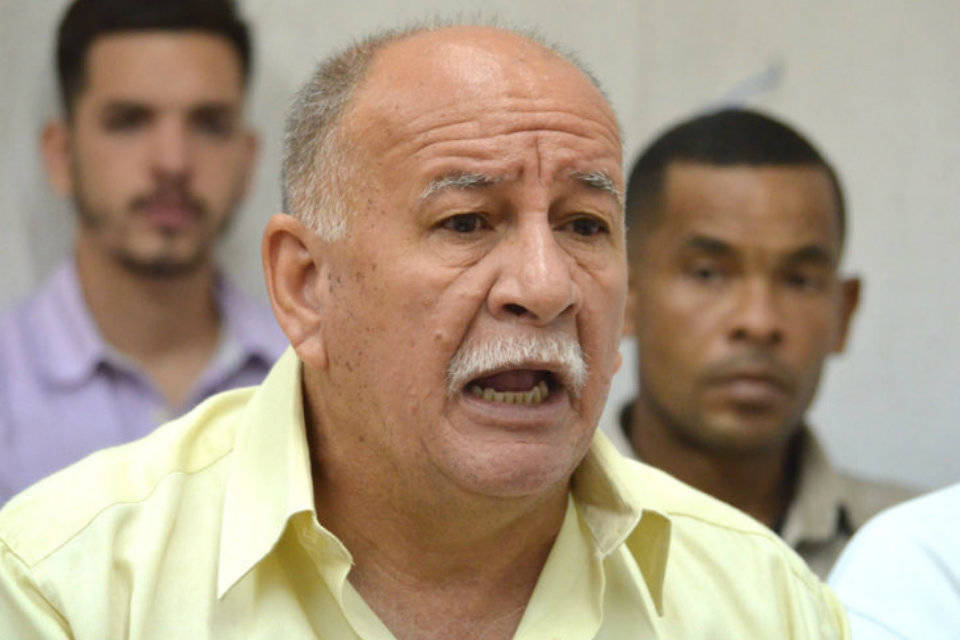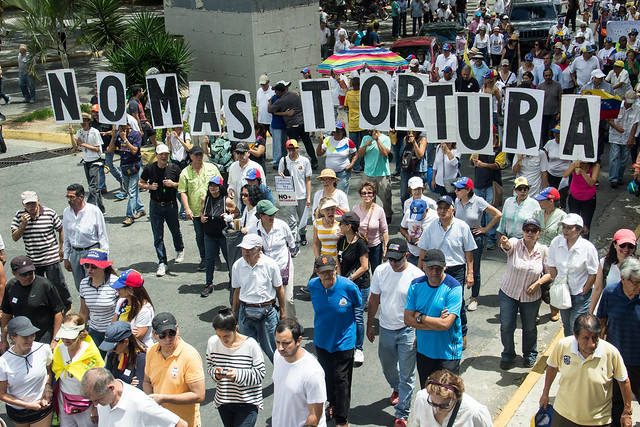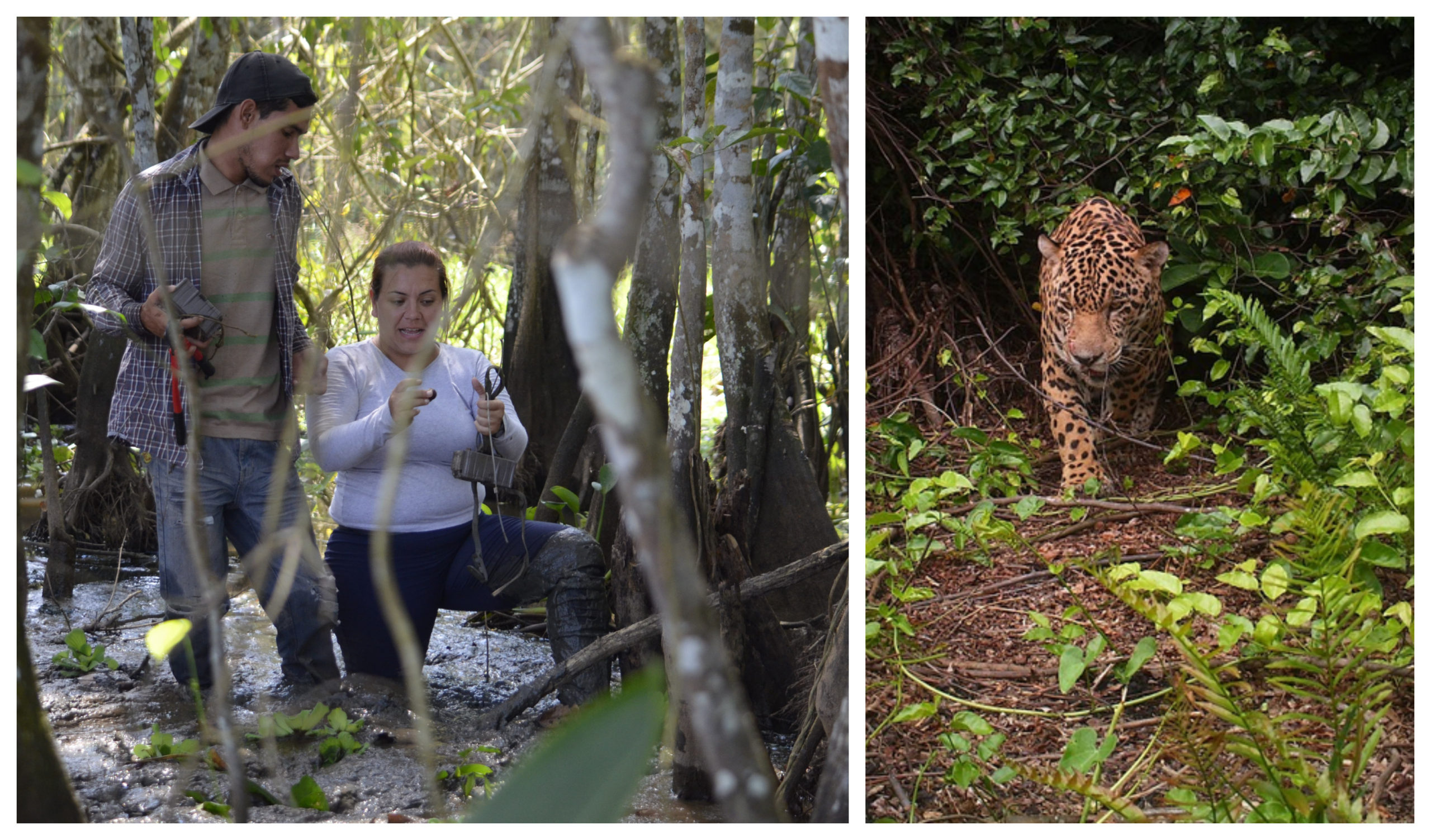United Nations High Commissioner for Human Rights, Michelle Bachelet, arrived on Wednesday 19 July to Venezuela for a 3-day visit. On Thursday afternoon, the High Commissioner, human rights organizations and multiple victim groups met. In this space of one hour, 26 spokesmen were able to make requests to the High Commissioner. 20 of these interventions are registered in this document, which represents an overview of the activists’ demands for the human dignity of the country in a context characterized by the lack of democracy, increase in poverty and forced migration.
Below is one of such interventions.
I’m the director of Prepara Familia, an organization that accompanies and defends the of hospitalized children and teens with chronic illnesses and of their female caretakers. Here is a summary of the impact of the Complex Humanitarian Emergency in the lives of hospitalized children and teens.
Today the children hospitalized in the J.M. de los Rios Hospital and in the paediatric units of hospitals in the country don’t receive the right nutrition in terms of quality, quantity and necessity, according to the condition of their health. Since the end of August they receive only an arepa without any filling for breakfast and white rice with lentils or beans for lunch and dinner, always the same. They don’t receive the food their illness demands; in addition, the food doesn’t have salt or seasoning.
The babies that require infant formula don’t receive it, nor are children with malnutrition provided with nutritional supplements.
By April 5th, 2018, the Ministry of Health suspended the nutrition of Women Caregivers of hospitalized children, which they had granted since August of 2017.
In the J.M. de los Ríos Hospital, centre of national reference, it went from having 332 available beds in 2007 to 80 beds on June 20th, 2018. It lacks x-rays, CAT scans, MRI scans, and ambulances. It has an 85% deficit of medications for all pathologies and an 80% failure in supply of medical supplies, and does not have a regular supply of broad-spectrum antibiotics. There is an unreliable supply of vaccines – as a consequence, immuno-preventable illnesses like measles, diphtheria and pertussis proliferate.
Their laboratories lack the reagents to perform blood chemistries or simple urine tests.
The municipal blood bank has serious supply shortages, due of the lack of platelets, genetics, apheresis and presence of failures in the reagents to perform blood serology.
According the registry we made, the quantity of deceased children increased exponentially in the year 2018.
The main reasons for deaths in children in the year 2018 were: septic shock, sepsis, pneumonia, acute respiratory failure, malnutrition, acute diarrhoea, and serious dehydration.
During the year 2018, due only to serious malnutrition, 60 children passed away in J.M. de los Rios Hospital.
Additionally, the deceased children are not treated with dignity, due to the conditions in the morgue and the failures of the area of pathological anatomy in the hospital.
The State suspended the organ procurement program on June 1st, 2017; the basis of the suspension was the shortage of immunosuppressant drugs (anti-rejection drugs for organs).
Today, 30 kids of the haematology service of the J.M. de los Rios Hospital require bone marrow transplant, however, it cannot be done in Venezuela. We demand that the State respect the agreement signed with the Italian government and pay the debt it has, guaranteeing the transplant and the recovery process of each child and the stay of the relative. Only in the month of May four children on this list died.
There is a migration of health personal. By the end of 2018 more than 400 workers resigned, including 50 doctors.
The Venezuelan State has not complied with precautionary measures granted on February 21st, 2018 to children and teens in the nephrology department of the J.M. de los Rios Hospital.
The fundamental rights of children and teens to life, health, nutrition, education and recreation are being violated.




